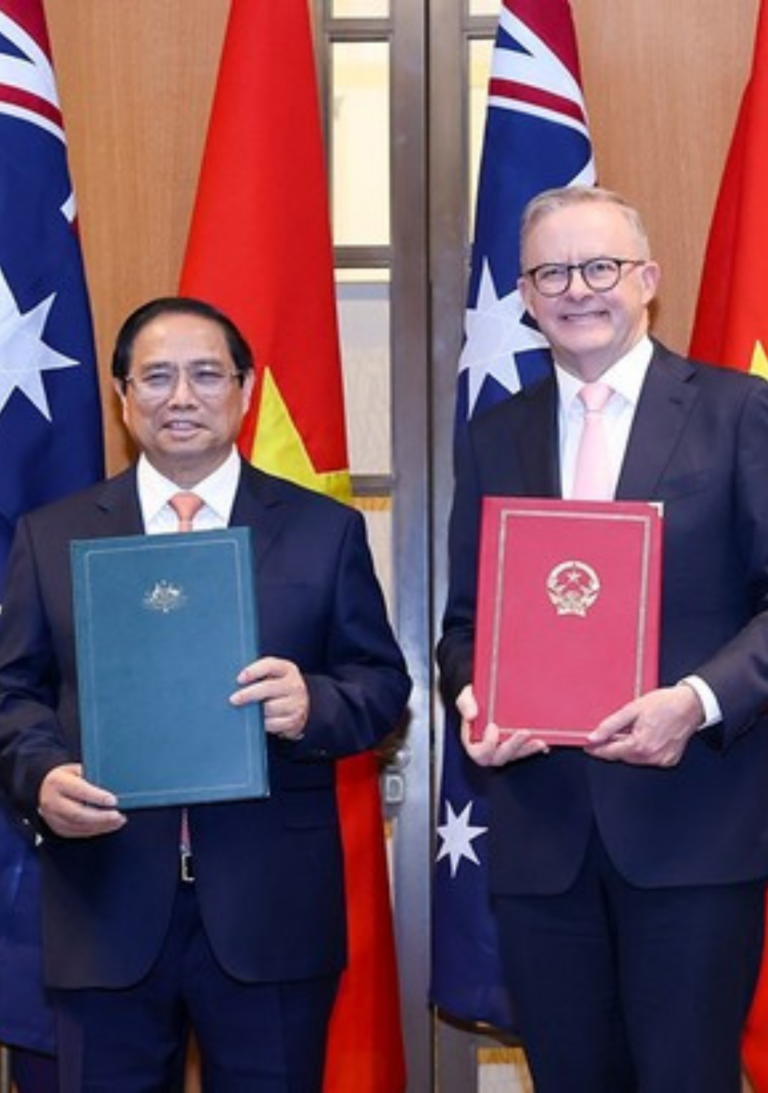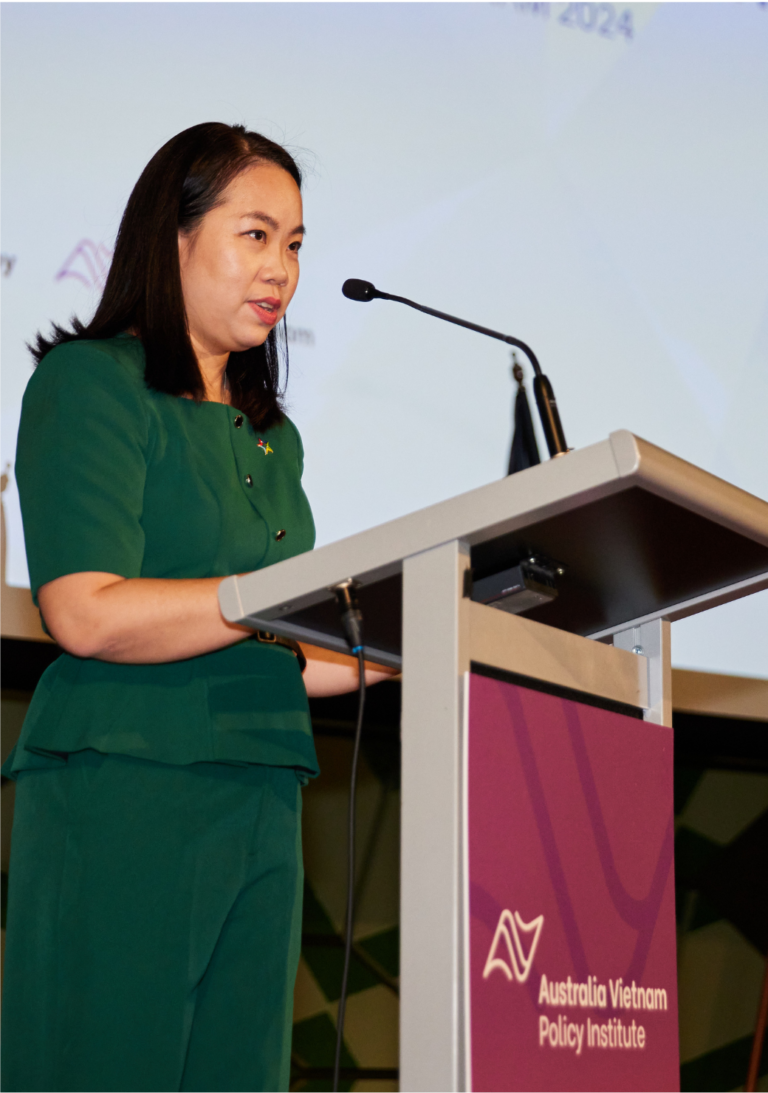A project that explores the use of telehealth and artificial intelligence to improve access to eye care services in rural Vietnam is one of the winners of the World Health Organization (WHO) Western Pacific Innovation Challenge.
The Australian Government funded project is a collaboration between international eye health organisation The Fred Hollows Foundation, Australia’s national science agency CSIRO, and the Vietnam Government. It is aimed at developing a roadmap for new technologies in the eye care system.
The project focuses on diabetic retinopathy (DR), a complication of diabetes that can cause permanent blindness. In Vietnam, 4 million people, or 5.7% of the population, have diabetes. The number is expected to increase to 7% by 2035, putting millions at risk of developing DR.
Blindness can be prevented if detected early, placing a high importance on early detection and DR screening.
DR screening involves examination and image assessment by trained ophthalmologists. But like many low and middle-income countries, there are not enough eye specialists in Vietnam, especially in remote areas.
Telehealth solves this problem by bridging the distance between eye health specialists based in the cities, and health centres in far flung areas. Health workers capture images of the eye through digital retinal cameras and send them online to eye specialists for assessment.
New artificial intelligence technologies are also capable of detecting DR quickly and accurately, providing on-site detection.
Director of Research at The Fred Hollows Foundation Dr Sarity Dodson said The Foundation was learning from its partner CSIRO, which had developed similar technologies to help deliver eye health solutions to remote communities in Australia.
“Innovation is about change – change to systems and change to how people act and interact. Technologies can solve big problems but only when adopted at scale,” she said.
CSIRO’s Australian e-Health Research Centre CEO Dr David Hansen said the project built on CSIRO research and clinical trials using similar approaches for Indigenous Australians and those in regional and remote communities who needed to access expert eye healthcare, particularly for diabetic retinopathy.
“Digital health technologies and AI offer huge opportunities to help make healthcare accessible for all people, not just those living in big cities.” Dr Hansen said.
“This is home-grown Australian technology, that has the potential to help people all over the world, and we’re thrilled to be part of this partnership with The Foundation to help improve access to eye services in Vietnam.” The project is among the 29 winners of WHO’s first Innovation Challenge, which has received more than 400 submissions from public health innovators in 37 countries and areas across Asia and the Pacific.
See the winners of the challenge here
This article has been republished from The Fred Hollows Foundation.










